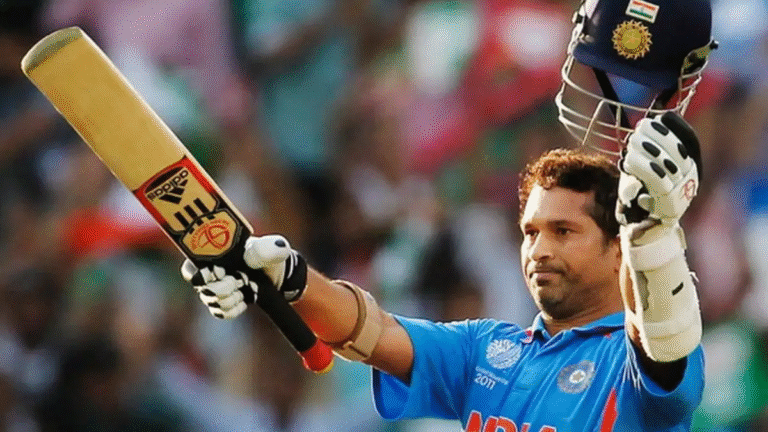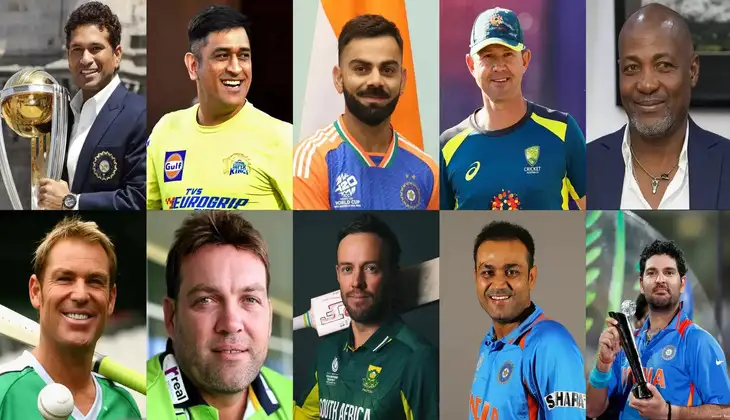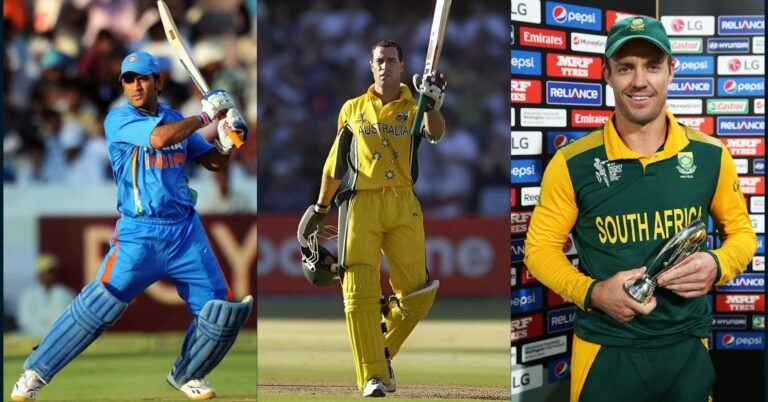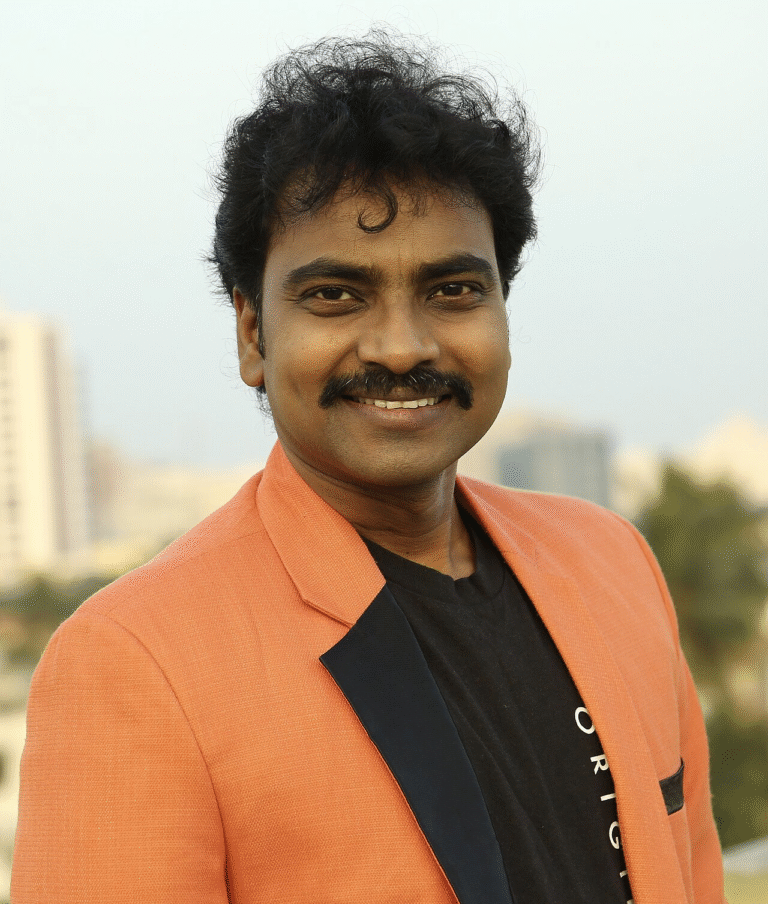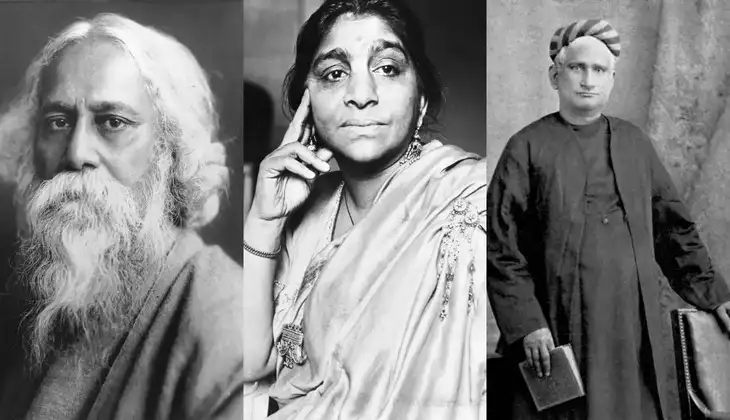
India has a rich literary tradition that spans thousands of years, blending philosophy, emotion, and beauty through its poetry. From ancient Sanskrit verses to modern Indian English poetry, poets have shaped the cultural and emotional fabric of the nation. Here are the top 10 Indian poets of all time till 2025, whose works continue to inspire generations.
Also read: Top 10 Mehndi Business Name Ideas

1. Rabindranath Tagore (1861–1941)
Rabindranath Tagore, the first Asian Nobel laureate in Literature (1913), remains the most celebrated Indian poet of all time. Writing in Bengali and English, Tagore’s poetry transcended borders, exploring themes of love, nature, spirituality, and humanity. His masterpiece Gitanjali is a lyrical collection that reflects the divine union between man and God. He also composed India’s national anthem, Jana Gana Mana, leaving an everlasting mark on the country’s cultural identity.
2. Mirza Ghalib (1797–1869)
Mirza Asadullah Khan Ghalib, the legendary Urdu and Persian poet, defined the golden era of Urdu poetry. His ghazals—filled with wit, melancholy, and deep reflection—continue to resonate across generations. Ghalib’s verses explore unrequited love, existential pain, and the search for meaning, earning him a timeless place in both classical and modern Indian literature.
3. Kalidasa (4th–5th Century CE)
Kalidasa is often called the “Shakespeare of India.” A classical Sanskrit poet and dramatist, his works such as Meghaduta, Raghuvamsha, and Abhijnanasakuntalam showcase his mastery over language, imagery, and human emotions. His depiction of love, nature, and divine beauty has influenced countless poets through centuries and remains a cornerstone of Indian literature.
4. Sarojini Naidu (1879–1949)
Known as the Nightingale of India, Sarojini Naidu was not only a freedom fighter but also one of India’s finest English-language poets. Her poems such as The Golden Threshold and The Broken Wing blend Indian imagery with lyrical grace. Through her verses, she celebrated womanhood, patriotism, and the essence of Indian life with elegance and simplicity.
5. A. K. Ramanujan (1929–1993)
A. K. Ramanujan was a poet, translator, and scholar who brought Indian traditions to the global literary stage. Writing in both English and Kannada, his works capture the complexity of Indian family life, identity, and cultural duality. Collections like The Striders and Relations reveal his deep introspection and vivid imagery, making him a central figure in modern Indian English poetry.
6. Kamala Das (1934–2009)
Kamala Das, also known by her pen name Madhavikutty, was a bold and confessional voice in Indian literature. Writing in English and Malayalam, she explored themes of love, female sexuality, and identity with honesty and passion. Her works like Summer in Calcutta and The Descendants broke societal taboos, making her a pioneer of feminist writing in India.
7. Harivansh Rai Bachchan (1907–2003)
A towering figure in Hindi literature, Harivansh Rai Bachchan is best known for his magnum opus Madhushala. His poetry combines philosophy, music, and emotion, symbolizing life’s journey through the imagery of a tavern. Bachchan’s lyrical style and philosophical depth continue to inspire generations of Hindi readers and writers.
8. Gulzar (1934–Present)
Gulzar, one of India’s most beloved contemporary poets, lyricists, and filmmakers, has beautifully merged simplicity with profundity. His poetry, written in Urdu and Hindi, explores love, pain, memory, and everyday life. Works like Raat Pashmine Ki and Pukhraj reveal his sensitivity and philosophical insight, making him a voice of modern India.
9. Subramania Bharati (1882–1921)
A visionary Tamil poet and freedom fighter, Subramania Bharati was among the earliest voices of modern Indian nationalism. His poetry reflects courage, equality, and the spirit of revolution. Bharati’s verses broke caste barriers and celebrated women’s empowerment, earning him the title Mahakavi Bharati (Great Poet Bharati).
10. Nissim Ezekiel (1924–2004)
Often regarded as the father of modern Indian English poetry, Nissim Ezekiel introduced realism, irony, and Indian idiom into English verse. His collections like The Exact Name and The Unfinished Man portray urban India with wit and introspection. His balanced tone and social commentary helped shape post-independence Indian poetry in English.
Conclusion
From the ancient Sanskrit hymns of Kalidasa to the modern, reflective verses of Gulzar, India’s poetic legacy is vast and ever-evolving. Each of these poets captured the essence of their era—spiritual, romantic, rebellious, or reflective—making Indian poetry a timeless mirror of its civilization. Their words continue to inspire, reminding readers that poetry is not just an art but the heartbeat of India’s soul.
Also read: https://everythingbollywood.in/actor-louis-partridge-wiki-age-height-net-worth-biography-in-2025/
